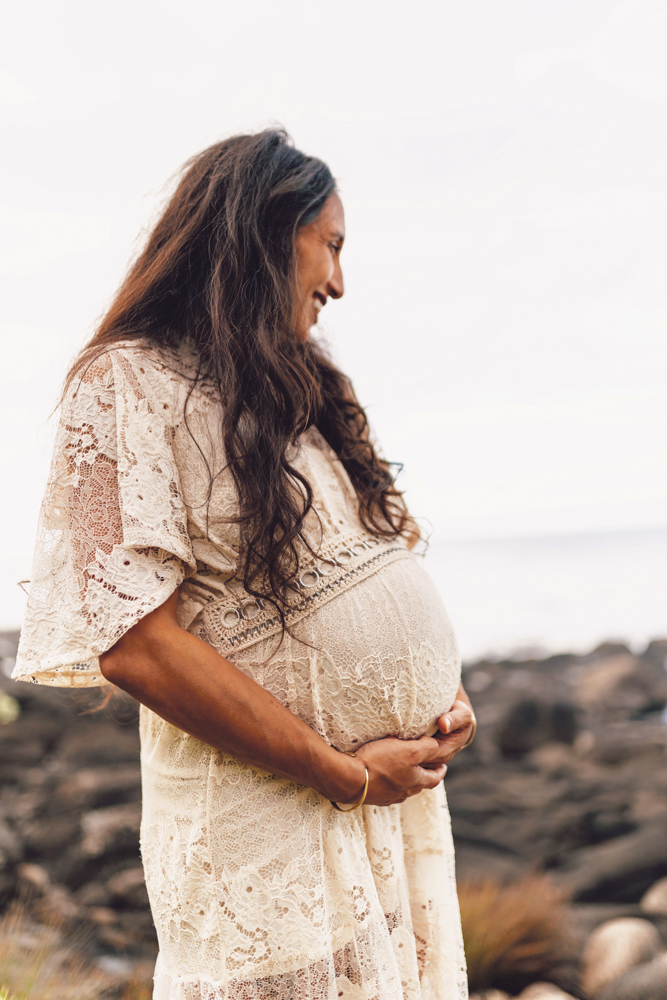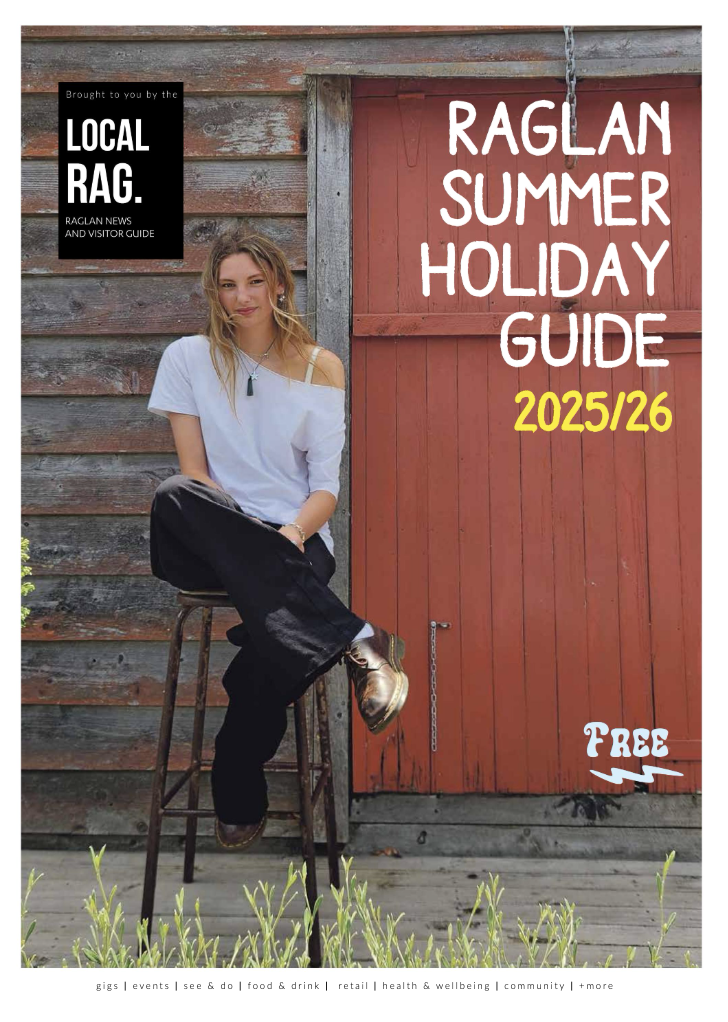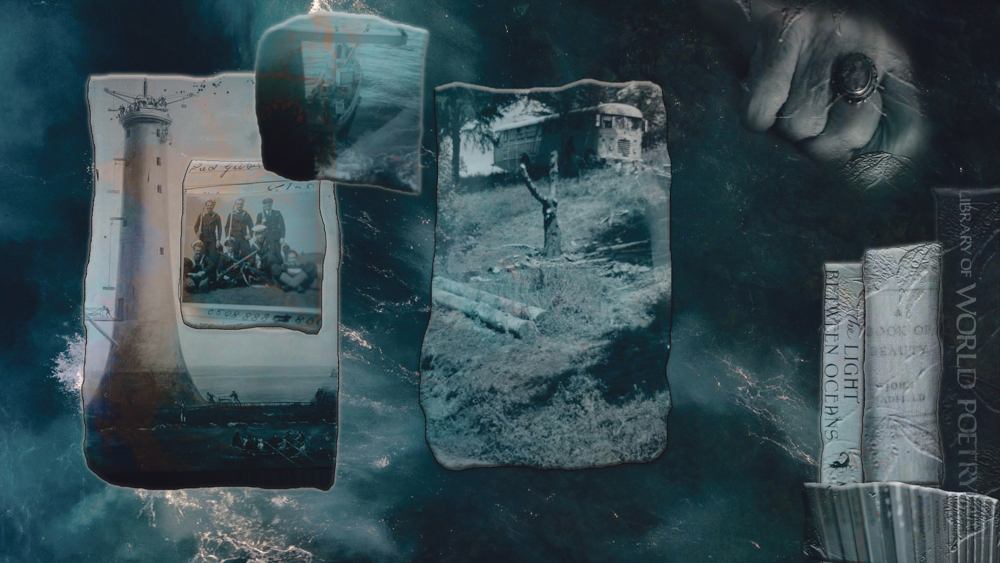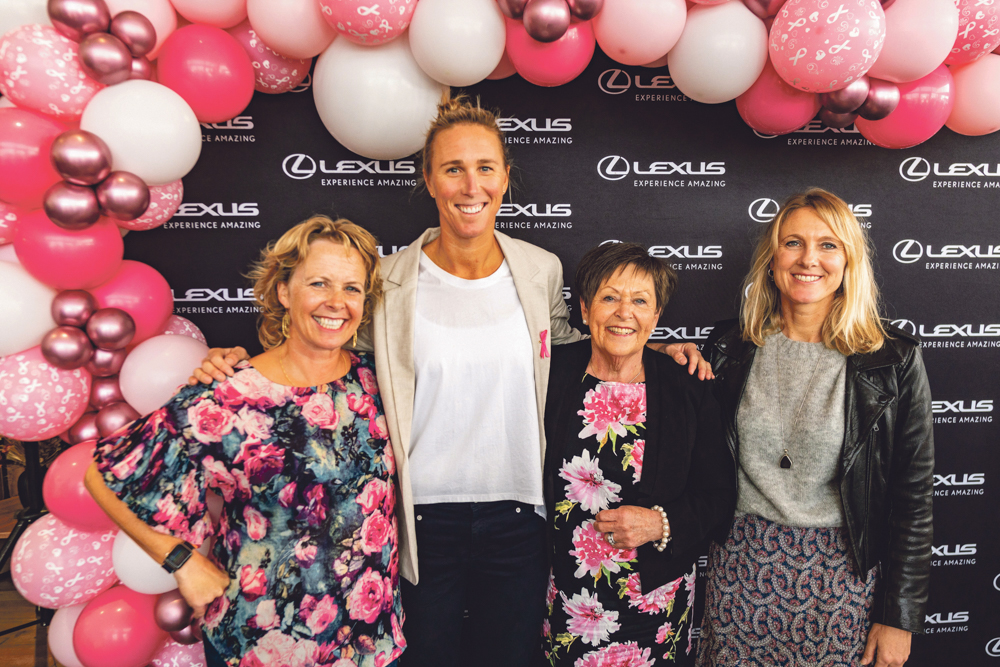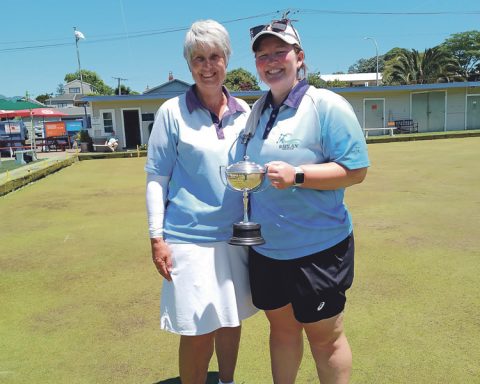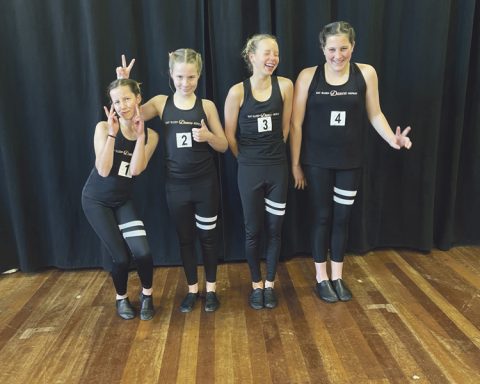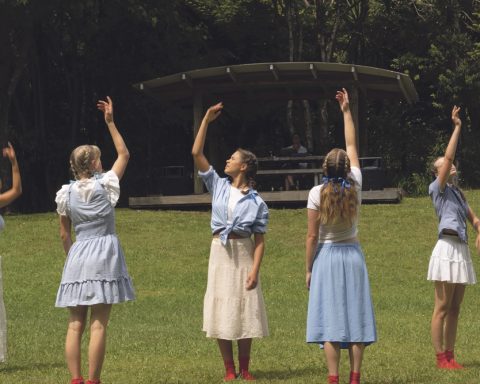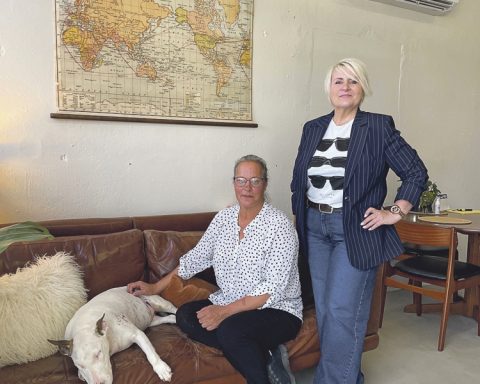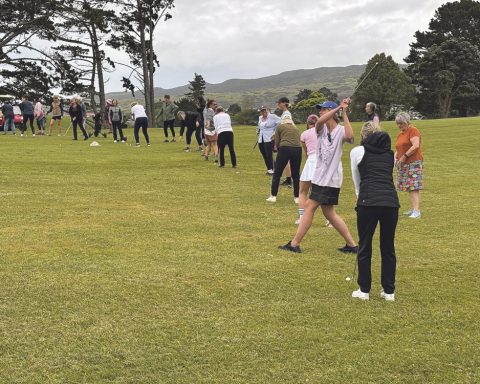In this month’s chat, Ruby Gibbs sits down with Karamea Puriri.
What is your relationship like with your mental health? Is it something that you consider every day?
I was thinking about your question in relation to postpartum wellness, because there are different elements of postpartum… postpartum depression, postpartum anxiety, some mothers can even experience postpartum psychosis. For me and my experience with postpartum, it was similar to the relationship that I have with my anxiety and depression. It would come and go. One day you can wake up and you can get out of bed, brush your hair, the next day it’s almost like you can’t move. You’re just stuck. As a new mother, there were mentally a lot of moments like that. A lot of, “what am I even doing?” moments. A couple months after giving birth I felt my old friends, anxiety and depression creeping back in, but in a very different way to what I had experienced before. With general anxiety/depression, you usually only have yourself to worry about. But when you get PPD/PPA, you also have this living, breathing thing that you’re responsible for. It’s a total curveball to what you face with your normal mental health battle. So yes, I’m thinking about my mental health every day and trying to find that balance, but some days you’re just thrown into it. The kids wake up and it can be a whirlwind, you don’t get time to check in with yourself until 10am, and by that point you’re halfway through the day. But on the slower mornings, where we’re not rushing around, it’s a bit easier to get mentally prepared for each day. PPD/PPA can show up differently for every mother, and asking for help doesn’t make you any less, or mean that you don’t love your child. Even just acknowledging that you’re having a hard time to yourself, or to one other person can be a big step. Being a mother is more than a full time job, you’re a parent 24/7. And with a newborn, it can feel endless and overwhelming.
How did you deal with those feelings?
Well, with my second pregnancy and having to deal with a toddler and a newborn and the dynamic of everything, I think that awareness of just like, this is what could happen, you could either spiral downwards, or you could just have on and off days which is totally normal and it’s ok. But just being aware that that’s what’s gonna happen. It’s like having ongoing PMS symptoms! You have hours; this hour is great, this hour I’m crying. You can’t plan ahead. What I have found that works for me is having structure for myself, otherwise I can’t function properly. I just need to know what’s going to happen, it helps me manage my anxiety on a better level. Luckily for me, structure and routine is also great for kids. Kids like to know what’s coming. So having a schedule for all of us has really helped me stay on track. And then I know at the end of each day, after the kids have gone to bed, that’s my time to reevaluate how I’m feeling about life. Checking in really is a daily job.
How do you find balance between looking after your own self and being a mother?
Well that’s the winning question! I would love the answer! I don’t know. There’s this fear of losing yourself and that is the reality of motherhood, the ultimate sacrifice. I was thinking about compartmentalising, boxing it all up. It’s hard to separate, especially when you’re battling those emotions of, am I doing a good enough job.Yes, your children might be alive and happy at the end of the day but are you allowing yourself to think that? And there are a lot of times where I feel like I am not doing a good enough job. It should be socially acceptable for a mum to feel, I just can’t do it right now. But the sad reality is that there are so many mothers who are just trudging on. There’s no time to be alone or separate yourself. I don’t know if you ever get a reset. You’re always thinking about your kids. How much you allow yourself to detach from that is probably aligned with your mental wellbeing. We are expected to be mothers, but when are you expected to look after yourself, I’m still figuring it out! I find it at midnight when I’m just listening to music, like this is my thing.
When you’ve been at the lowest point, what’s kept you moving forward?
I write, I just write, a lot. And everywhere. The notes in my phone are ridiculous. Sometimes you just wanna vent and no one can give me advice when I write, I can just let it out. I think in a way it was my own form of self therapy, before I admitted to myself that I need to go to therapy. I guess being in counselling, I realise that you just need to talk. After I have written or talked it out, then I actually feel a lot better. It’s just getting it off my chest, it doesn’t matter how. I’ve probably written the same story or thoughts over and over again and every journal that I have proves that. It’s the same emotions and the same feelings that go all the way back to my early 20s. It’s the same patterns and behaviour, but that’s helping me to recognise when I’m hitting that point of just banging my head on the wall feeling inadequate. I just always bring it back to that self-awareness.
What are some of the things that you’ve learnt?
I think for me it has been awareness, and planning. You might feel like shit next week or you never know how things might go. I’m good at being my own self-help in a way, but I think just the awareness of what’s happening, on a mental and emotional level. And acceptance, I think admitting you need help, saying it out loud. I need help and sometimes that help is just picking up and going to the counsellor’s office and just talking and you might go once or a hundred times. I know myself enough to know when I could be going down.
What are the tools in your toolbox?
Writing is my main one and music. I try to keep it simple because I don’t have time, so when I try to overcomplicate things it doesn’t work, like going to yoga or getting a massage. But I have to find it within my own means of what’s possible right now. I also am a very big introvert so I just want to go and be introverted and if that means going for a walk on the beach by myself then that’s what I need to do. I think creating realistic expectations is important, even just locking the door so you can pee by yourself for 30 seconds, that’s a realistic expectation whether you have a newborn or a ten year old.
By Ruby Gibbs
My Mental Health Toolbox is available from Whāingaroa businesses.
This is a community mental health resource that we hope can help to start more conversations.
The Toolbox is free but there will be an option to donate a koha to fund the next print run.
Please email rubymgibbs@gmail.com if you would like to stock it in your business.
